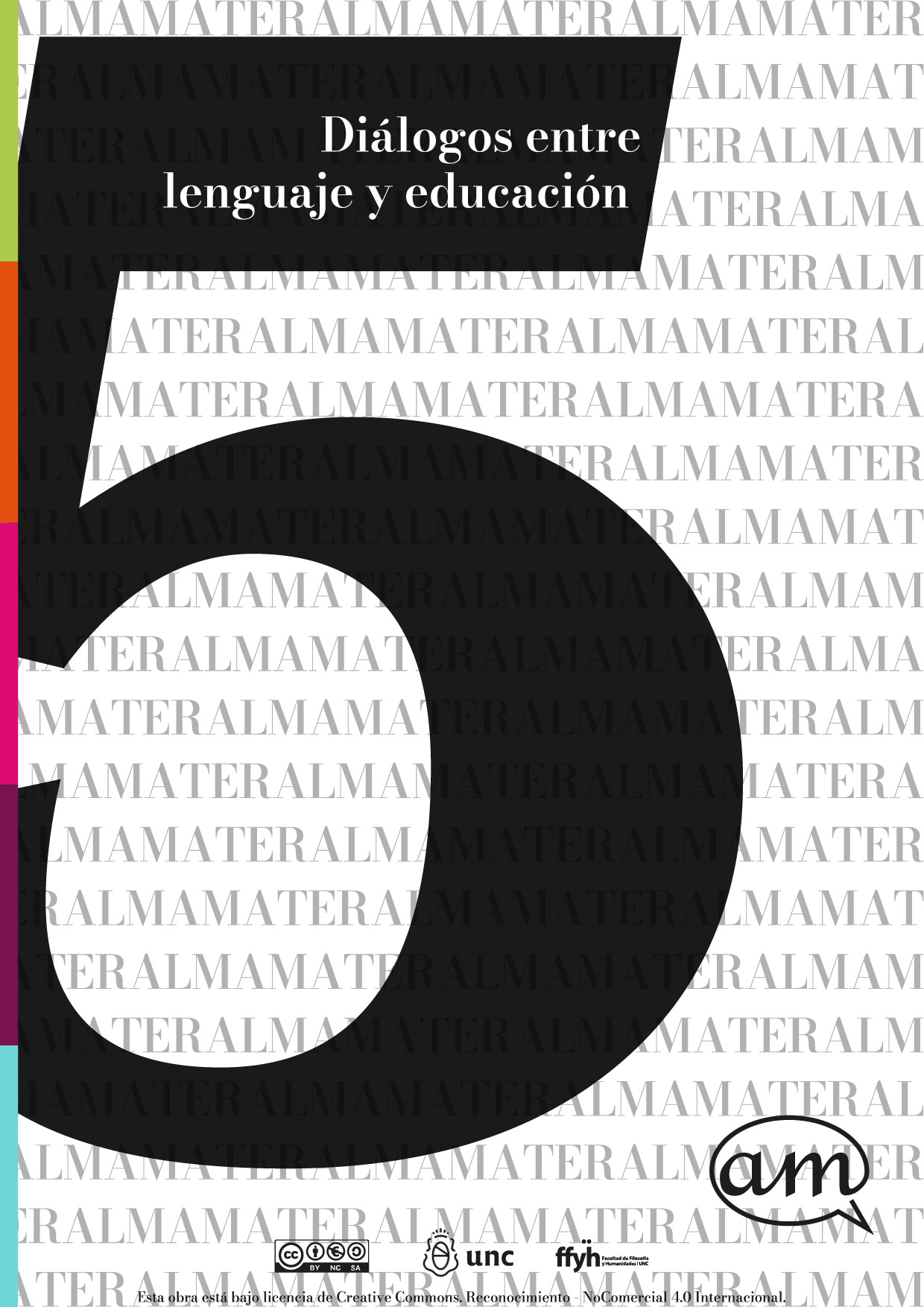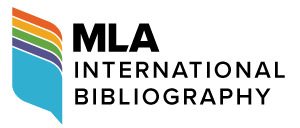Inclusive language in the classroom: a glotopolitical analysis
Keywords:
inclusive language, education, Language ideologies, glotopoliticsAbstract
The current debates on inclusive language raise various issues related to the conceptions of language, which we perceive in different areas of social life: social media, workplaces, families and -what interests us as researchers- classrooms. In this sense, we propose to address the issue of inclusive language in its academic use from a glotopolitical perspective.
The objective is not only to analyze the use of inclusive language, but also to problematize how this choice reflects pluralities of meanings linked to various notions such as ideology in language, normativity, colonialism or linguistic change, among others. Likewise, it seems fundamental to us to inquire into those historical processes under which those same notions, apparently natural and essential to language, are socially constructed under the veil of scientificity and put into circulation in a powerful and effective way. The glotopolitical perspective, as well as critical sociolinguistics, will allow us to link the processes of construction of notions with political processes.
In order to analyze this topic, we decided to limit the field of research to the secondary level and we decided to survey the Escuela Nueva Juan Mantovani located in Córdoba Capital.

Downloads
Published
Issue
Section
License
Copyright (c) 2023 Florencia Capitaine, Candela Paez

This work is licensed under a Creative Commons Attribution-NonCommercial 4.0 International License.
Los textos están protegidos por una Licencia Creative Commons Atribución/Reconocimiento-NoComercial 4.0 Licencia Pública Internacional — CC BY-NC 4.0. Dicha licencia autoriza a a terceros utilizar lo publicado, siempre que se otorgue el adecuado reconocimiento; se mencione la autoría del trabajo y la publicación en la revista Alma Máter y no se haga uso del material con propósitos comerciales.





